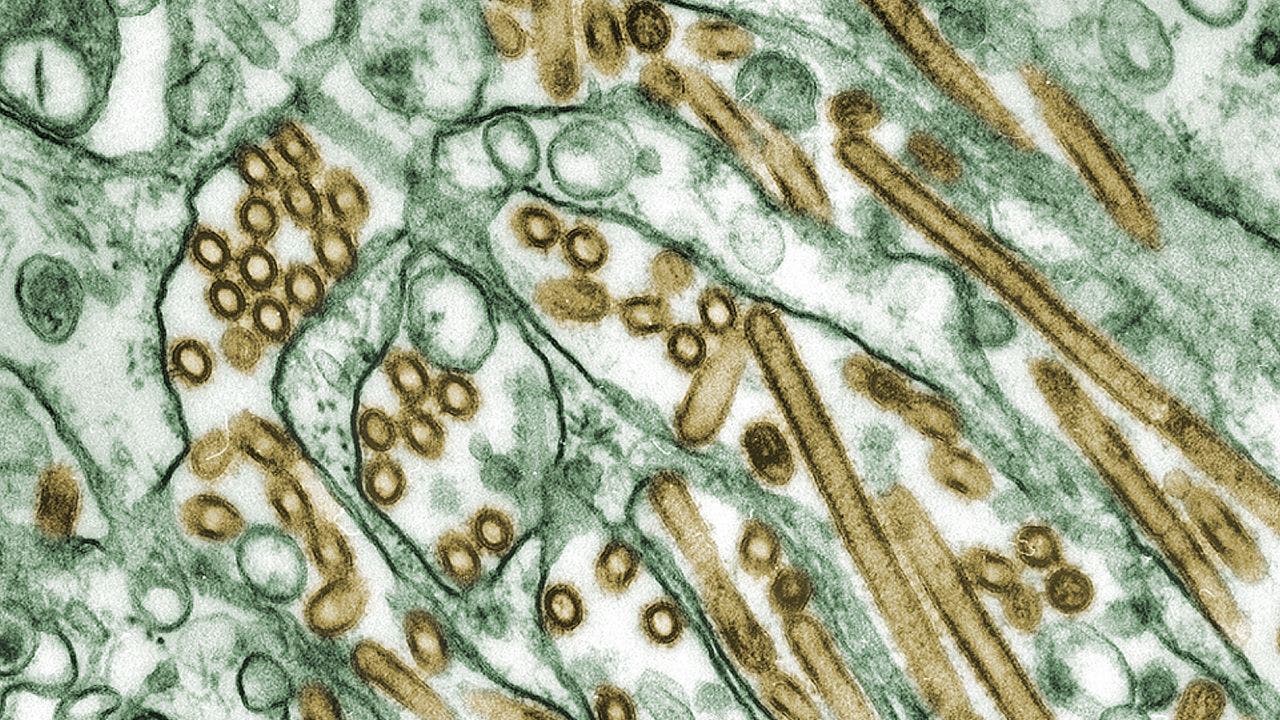Four new cases of bird flu have been identified in Washington state, as the H5N1 outbreak continues to spread.
Presumptive positive tests led to the death of 800,000 birds.

In Washington state, four individuals have been diagnosed with bird flu, causing concern about the potential spread of the disease to other agricultural workers across the U.S.
Recently, four agricultural workers in Washington state tested presumptively positive for avian influenza A (H5N1), as announced by the Washington State Department of Health (WADOH). These workers are employed on an egg farm in Franklin County.
"The individuals exhibited mild symptoms and were given antiviral medication. Further testing of individuals on the farm is yet to be conducted, and the number of cases being investigated may fluctuate."
In Washington state, officials have reported the first suspected human cases of H5 virus. In response, over 750,000 birds were culled.

The Washington State Department of Agriculture reported on Oct. 15 that about 800,000 birds were euthanized due to avian influenza infection.
H5N1, a highly pathogenic avian influenza, has been detected in poultry, dairy cattle, and wildlife in Washington state, making it the sixth U.S. state to identify a human infection of the virus.

Since the detection of H5N1 in poultry in our state in 2022, Washington has closely monitored its spread and is prepared with knowledge, relationships, and tools to minimize its impacts on our community, as stated by Dr. Umair Shah in the WADOH's press release.
The disease, as per the WADOH, is naturally found in wild aquatic birds and has the potential to infect other birds and mammals.
"Avian influenza viruses can cause illness in people, although this is a rare occurrence. The majority of cases of human infection have resulted from prolonged, close contact with animals infected with avian influenza or contaminated environments."

"While the general public's risk from H5N1 avian influenza is low according to the CDC, individuals with job-related or recreational exposures to infected birds, cattle, or other potentially affected domestic or wild animals are at higher risk and should take precautions, including wearing personal protective equipment."
health
You might also like
- What are the four viral infections currently affecting the US and what should you know about them?
- Doctors hail a 'New golden age' with Trump and a healthier America.
- Researchers suggest a more accurate way to measure obesity than BMI.
- Ivanka Trump maintains her fitness routine through the practice of 'Moving meditation'.
- To detect more bird flu cases, the CDC advises quicker 'subtyping'.



















